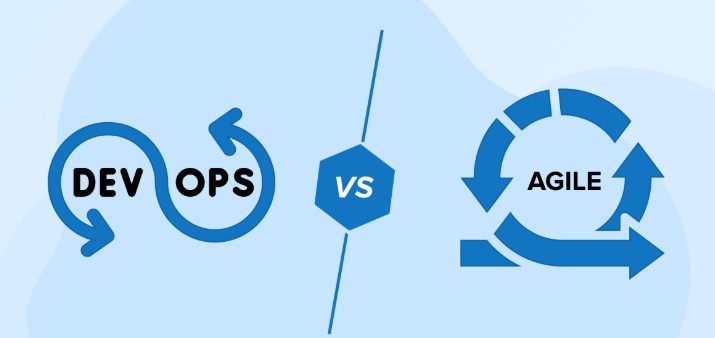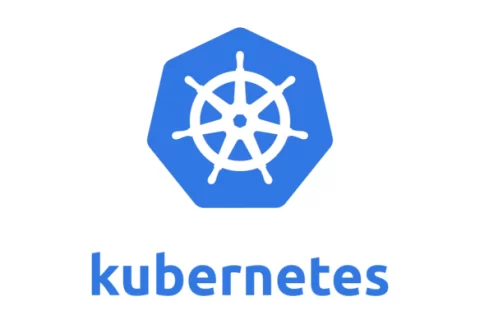In today’s fast-paced digital environment, delivering high-quality software efficiently is critical. Two methodologies—Agile and DevOps—have emerged as game-changers in achieving this goal. While both share some similarities, they serve distinct purposes and address different aspects of the software development lifecycle. Understanding the differences and how they complement each other can empower teams to maximize their potential.

What is Agile?
Agile is a mindset and methodology focused on incremental and iterative development. It values adaptability, customer feedback, and delivering smaller, functional parts of a product in short cycles called sprints. Agile principles emphasize:
- Collaboration: Close interactions among cross-functional teams.
- Customer-centricity: Regular feedback ensures the product aligns with user needs.
- Flexibility: Quick adjustments to requirements based on evolving priorities.
Frameworks like Scrum and Kanban are often used to implement Agile, helping teams stay organized and productive.
What is DevOps?
DevOps, on the other hand, is a cultural and technical movement that focuses on unifying development (Dev) and operations (Ops) teams. The goal is to reduce silos and improve the speed and reliability of software delivery. DevOps is achieved through:
- Automation: Continuous Integration/Continuous Deployment (CI/CD) pipelines to streamline repetitive tasks.
- Collaboration: Breaking down barriers between developers and operations teams.
- Monitoring and Feedback: Leveraging tools to gather real-time insights into system performance and user experiences.
Technologies like Docker, Kubernetes, and Ansible are often associated with DevOps, enabling scalability and efficiency.
Key Differences Between Agile and DevOps
| Aspect | Agile | DevOps |
|---|---|---|
| Focus | Development and delivery processes | Collaboration between Dev and Ops |
| Primary Goal | Iterative progress with customer feedback | Fast, automated, and reliable delivery |
| Team Structure | Small, cross-functional teams | Unified Dev and Ops teams |
| Tools | Scrum, Kanban boards | CI/CD pipelines, cloud platforms |
| Key Outcome | Product adaptability | Operational stability and speed |
How They Complement Each Other
Agile lays the foundation for rapid iteration, enabling teams to build software that evolves with customer needs. DevOps extends this by ensuring those iterations can be delivered to users efficiently and reliably. Together, they create a seamless cycle of development, testing, deployment, and feedback, empowering teams to innovate faster without compromising quality.
Final Thoughts
Choosing between Agile and DevOps isn’t an either/or decision—it’s about understanding where each fits in your organization’s goals. Embracing both allows teams to achieve not only the flexibility of Agile but also the efficiency of DevOps, delivering value to customers with precision.
Which methodology does your organization prioritize, and how do you see them working together? Let’s discuss in the comments!


